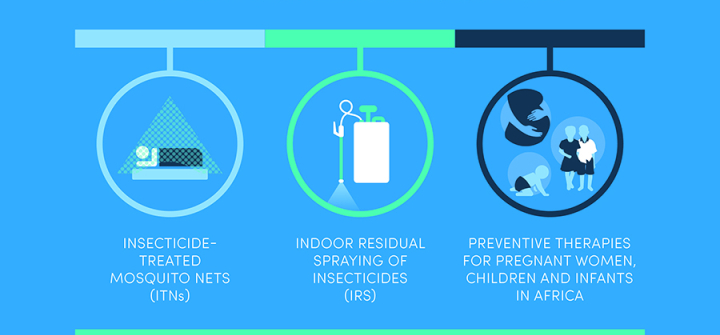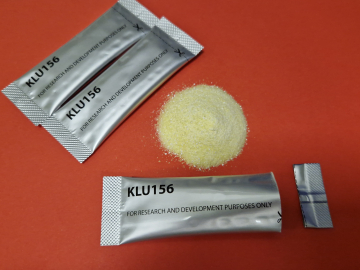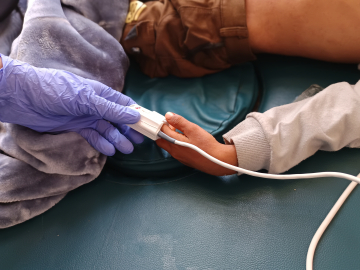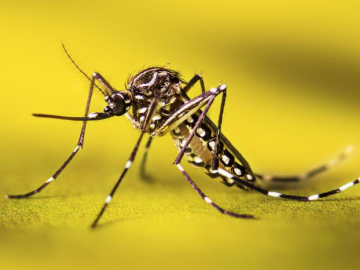Roll Back Mosquitoes
With the fragile gains against malaria but rapid expansion of Aedes-borne diseases, broad-based and sustained vector control is now more critical than ever. The Roll Back Malaria Vector Control Working Group (RBM VCWG) recognizes that only through building diverse human and systems capacities, tools and strategies across sectors can we can address these and future vector-borne disease threats that will surely come.
To advance that goal, RBM VCWG convened in February in Geneva with more than 250 partners from 40 countries committing to expand vector control across sectors as envisioned through the Sustainable Development Goals. These partners aim to ensure entomology and vector control plays a prominent role in food security, housing and the New Urban Agenda, Humanitarian Emergencies, economic and social development initiatives, reducing the risk of vector-borne pathogens in our rapidly changing domestic, community and urban environments.
Core Interventions
Achieving this goal demands continued emphasis on core interventions such as Indoor Residual Spraying (IRS) and Insecticide Treated Nets (ITNs). The VCWG continues to work with the WHO and partners to build capacity and share best practices for the development of next-generation insecticides and treated nets, application equipment and management systems as well as studies on the coverage, use and durability of ITNs that have contributed much to the success of global malaria control over the past decade.
However, the threat of insecticide resistance poses a constant challenge. To keep it in check, the VCWG supports the Global Plan for Insecticide Resistance Management, building capacity though networks among national programs, universities and industry, and recognizing opportunities for links and lessons learned from the agricultural Integrate Pest Management as well as the urgent efforts to address insecticide resistance in Aedes aegypti populations across the world.
New Tools and Strategies
Given the urgency of the threat, many VCWG partners are focused on the development, documentation and deployment of new vector surveillance and control tools and strategies. This includes tools for IRS and ITNs, as well as potential supplementary tools, such as treated materials, spatial repellents, attractants, animal treatments, environmental management methods and novel application technologies. This is especially critical for outdoor malaria transmission among persons sleeping or working outside at night and exposed to malaria vectors, and for the vast and growing populations of refugees and internally displaced in desperate need of vector control tools and services not just for malaria, but for leishmaniasis, Aedes- and other fly-borne pathogens.
Capacity is key
Foundational to all these efforts are continued steps to build capacity for public health entomology—both training and career development opportunities for basic entomological skills and for public health skills such as epidemiology and GIS, foci investigation and risk-area stratification for malaria elimination. The Geneva workshop developed specific plans to continue working with WHO and regional networks in the Americas, Africa and the Asia-Pacific to link institutions and programs to provide the essential training, mentoring and technical support for the national control programs.
The full meeting report, including initiatives planned over the next 2 years is available here.
Michael B. Macdonald Sc.D. (JHU SPH ’88) is former co-chair of the RBM VCWG.
Join the thousands of subscribers who rely on Global Health NOW summaries and exclusive articles for the latest public health news. Sign up for our free weekday enewsletter, and please share the link with friends and colleagues: Subscribe to GHN
Excerpt from WHO World Malaria Day Infographic




